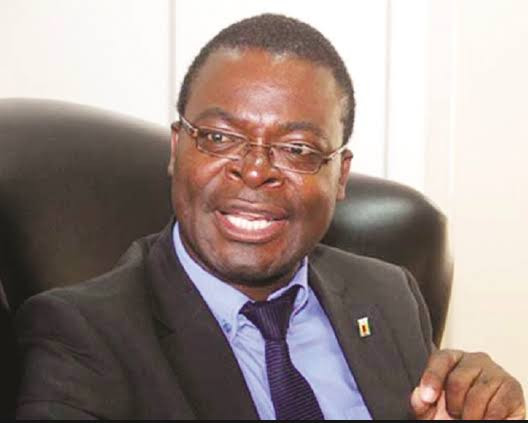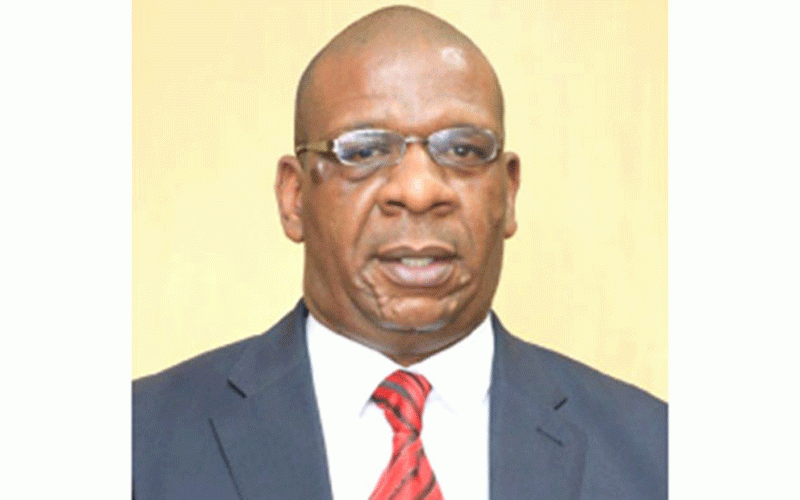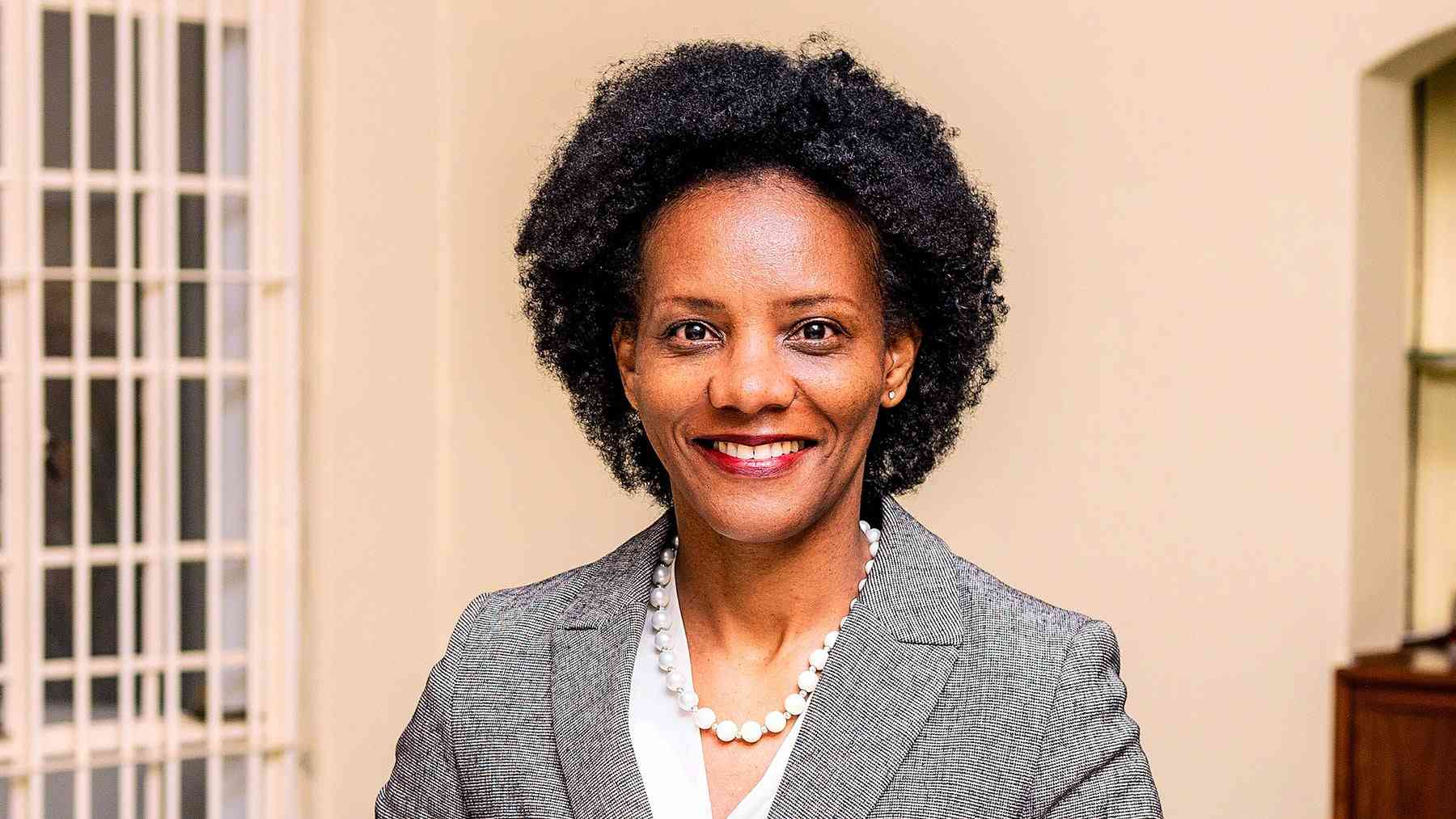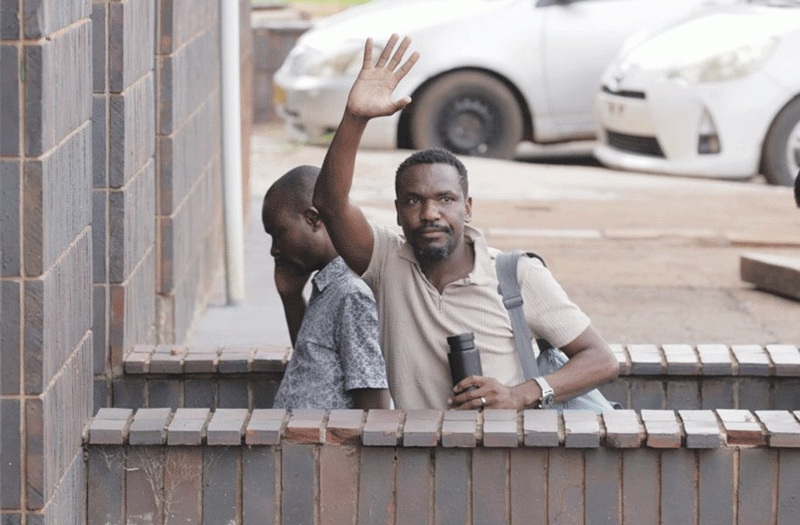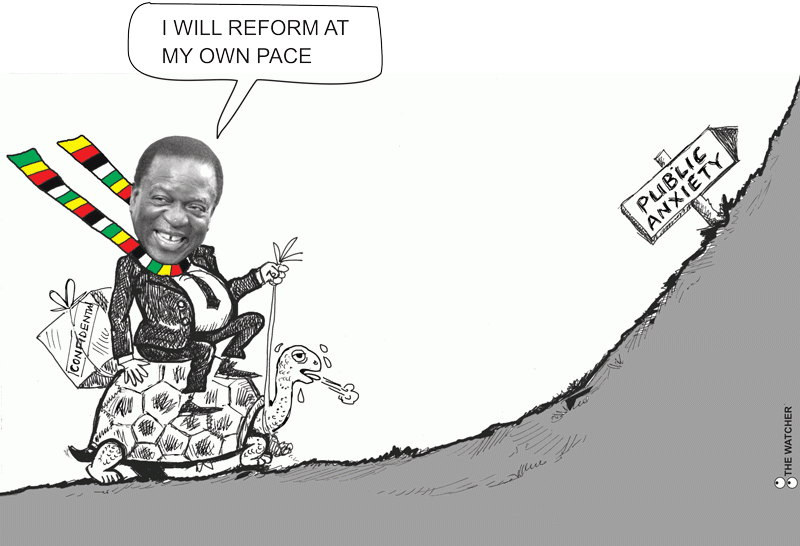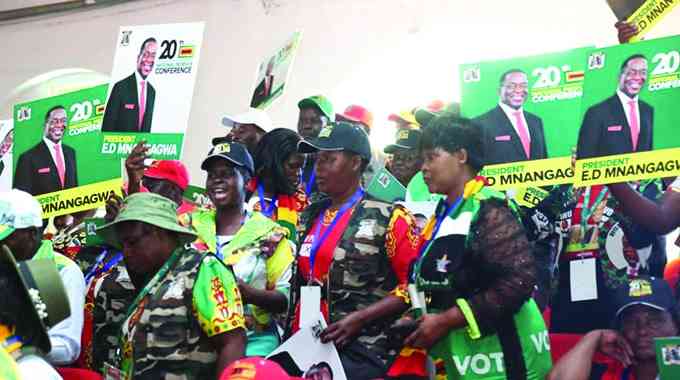
A CROSS-SECTION of political analysts has predicted that the much-hyped Zanu PF annual conference, set for Mutare this month, will be consumed by deepening factional battles rather than tackling the socio-economic crises facing Zimbabwe.
In the run-up to the gathering, tensions flared after mining firms around Mutare were compelled to pay a mandatory US$3 000 each to bankroll the event.
The levy drew protests from business operators, who questioned the burden placed on them at a time when the economy remains fragile.
The conference comes against the backdrop of intensifying divisions within the ruling party, evident in stormy politburo meetings and a series of internal clashes.
Analysts believe the meeting will be another arena for the ongoing power struggle over President Emmerson Mnangagwa’s succession, rather than a forum for addressing unemployment, poverty, corruption and poor service delivery.
Political analyst Reuben Mbofana said Zanu PF’s annual conferences have historically been about consolidating power within the ruling elite, not improving the lives of ordinary Zimbabweans.
“I do not believe this year’s annual people’s conference will bring any meaningful changes to the lives of ordinary Zimbabweans,” he said.
“These gatherings have not been about finding real solutions to the country’s social and economic challenges, but rather about consolidating power within the ruling elite.
- Corruption watch: Quarry dust is choking Mutare
- Corruption Watch: Get scared, 2023 is coming
- Corruption watch: Quarry dust is choking Mutare
- Corruption Watch: Get scared, 2023 is coming
Keep Reading
“These factional battles have very little to do with bread-and-butter issues affecting citizens, such as unemployment, poverty, service delivery and corruption.
“President Emmerson Mnangagwa’s allies will likely continue pushing the so-called ED 2030 agenda, while Vice President Constantino Chiwenga’s camp resists this push in a bid to position themselves for succession,” Mbofana added.
He said the indaba was largely a political spectacle, “stage-managed to project unity while concealing divisions”.
“If past conferences are anything to go by, this one will largely serve as a ritual of self-preservation for the ruling party,” Mbofana said.
“The resolutions and pronouncements will be framed as being in the “national interest”.
“In short, Zanu PF’s annual conferences seldom function as genuine platforms for policy formulation or addressing the struggles of ordinary Zimbabweans,” he added.
Stephen Chan, professor of world politics at the School of Oriental and African Studies in London, agreed, saying the conference would remain preoccupied with party business.
“It’s a power struggle within Zanu PF. It has nothing to do with ordinary citizens, especially those at the bottom and how to uplift them,” Chan said.
Political analyst Masimba Mavaza said while Zimbabwe faces pressing economic hardships, the ruling party appears consumed by internal rivalries.
“Zimbabwe’s political landscape is indeed complex and tumultuous right now, with internal dynamics within Zanu PF drawing significant attention,” Mavaza said.
He added that the simmering tensions between Mnangagwa and Chiwenga had been amplified by party spokesperson Christopher Mutsvangwa’s veiled criticism of the vice president. Mutsvangwa accused Chiwenga of diverting attention from empowerment programmes by targeting “zvigananda”, a term used to describe politically-connected business elites accused of amassing wealth through patronage.
Analysts agree that the unresolved succession issue remains the “elephant in the room”.
Although Mnangagwa has hinted at stepping down in 2028, there is no clarity on how power will transition within the party.
Political commentator Gideon Chitanga said resolving succession could be pivotal for the party and the nation.
“But you can clearly see that the issue has not been fully resolved, and it’s going to be a major elephant in the room,” he noted.
“Other than that, Zanu PF conferences do not bring out any major resolutions with respect to policy outputs other than singing and groupings that really have no policy impact.
“But resolving the Zanu PF succession issue could bring some stability and clarity for the first time in the history of Zimbabwe, that there will be a smooth succession within the ruling party and potentially a peaceful political transition when elections are held in 2028,” Chitanga added.
The divisions have already sparked leadership reshuffles, with Mnangagwa last week removing Obert Mpofu as party secretary-general, replacing him with Speaker of Parliament Jacob Mudenda, a move widely seen as part of succession manoeuvres.

